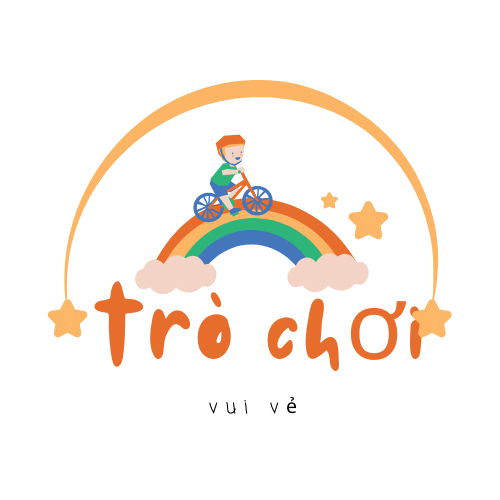The travel industry in 2025 stands at a turning point of progress and accountability. As global tourism surges to pre-pandemic levels, travelers and industry participants alike are steering a landscape transformed by sustainability imperatives, cutting-edge technologies, and evolving traveler demands.
## Eco-Friendly and Planet-Conscious Travel
The necessity for sustainability has become a foundation of modern travel. By 2025, the tourism sector is projected to generate 6.5 billion metric tons of climate pollutants, necessitating urgent action. Destinations like Costa Rica and Bhutan are spearheading this charge, with the latter maintaining its status as the world’s only climate-positive country through rigorous tourism limits.
Restorative travel models, such as New Zealand’s Māori-led sustainable excursions, are gaining traction. These projects reflect a broader shift: 73% of travelers now favor brands with strong environmental policies.
## Customization and Bespoke Experiences
High-end exploration in 2025 is synonymous with extreme customization. Selective visitors seek transformative journeys adapted to their unique interests. Providers like LuxGroup emphasize “ethical luxury,” blending luxury with cultural immersion.
Artificial Intelligence is reshaping trip planning, enabling dynamic itineraries that adapt to real-time preferences. This trend matches findings that 64% of luxury travelers prefer bespoke packages over cookie-cutter options.
## Combating Overtourism Through Innovation
Overtourism remains a pressing issue, prompting travelers to seek “destination dupes” and shoulder-season visits. Cities like Ljubljana are reducing congestion through car-free zones and pedal transportation systems.
Governments are intervening; Amsterdam and Majorca have introduced visitor caps and conduct regulations to protect local ecosystems.
## Technology’s Role in Seamless Exploration
AI’s influence reaches beyond personalization into operational efficiency. Chatbots handle 24/7 customer inquiries, while data projections optimize flight schedules and hotel pricing. Digital simulations previews allow travelers to “test” destinations before booking.
Apps like Seven Corners optimize trip management, offering instant notifications on weather, crowds, and transportation delays. Distributed ledger systems enhances clarity in carbon offset programs.
## Longer Stays and Local Integration
The era of hectic vacations is declining. High-end tourists are commonly opting for two-week stays to intensify cultural connections. Families are increasingly embracing “work trips,” merging remote work with lengthy residencies.
## Occasion-Focused Travel and Unique Adventures
“Concert traveling” has skyrocketed, with fans crisscrossing globes for major events. Astrotourism—exemplified by constellation viewing in Chile’s Atacama Desert—reflects expanding appeal in celestial phenomena.
## Health and Tech-Free Breaks
Health-focused travel is evolving beyond wellness centers to encompass integrated therapies. Tech-free escapes combine mindfulness with natural foods, aligning with a 95% increase in demand for self-care-centered itineraries.
## Economic Strategies and Value-Conscious Travel
Travelers are leveraging rewards systems and packaged deals to maximize value. Credit card rewards are being carefully utilized for upgrades, reflecting a shift toward “strategic indulgence”.
## Final Analysis
The travel landscape of 2025 is defined by its duality: a hunger for exploration balanced by moral responsibility. As destinations reconcile advancement with protection, stakeholders can ensure tourism remains a connection—not a obstacle—to a more integrated and responsible world.
